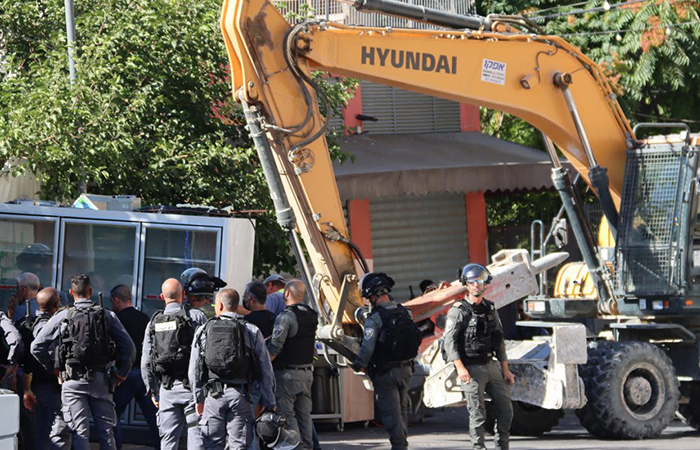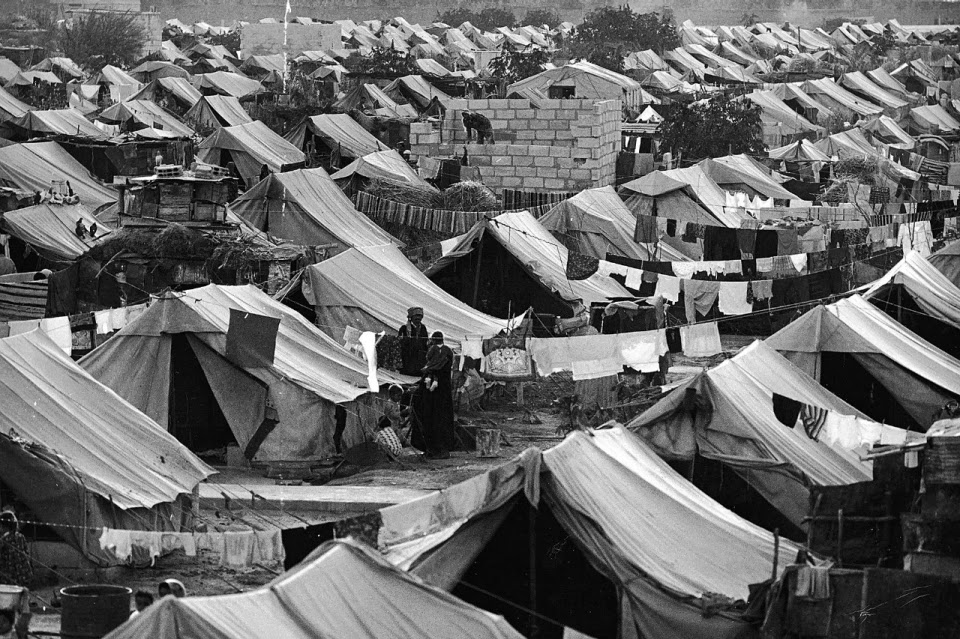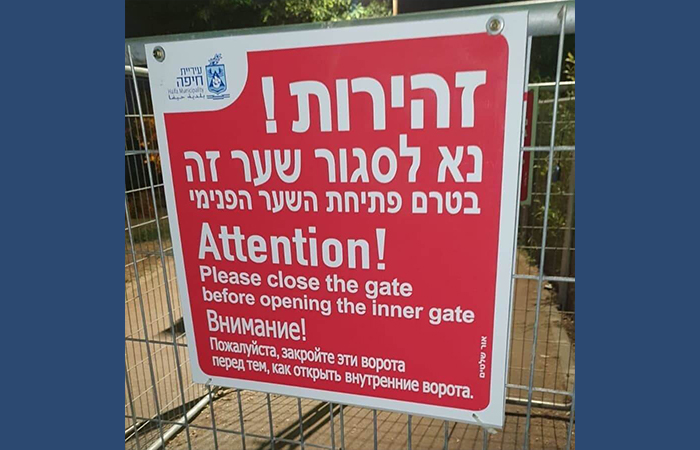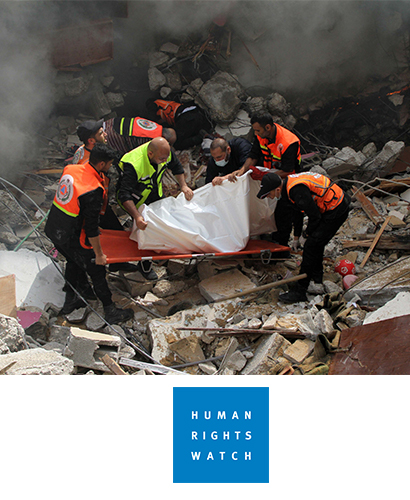On Tuesday 29 June, Israeli police watched on and provided protection to a bulldozer as it flattened Harbi Rajabi’s butcher’s shop in the East Jerusalem neighbourhood of Silwan, leaving his employee Mahmoud Basit and his 14 family members without an income.
This was the first of the 16 demolition orders to be applied to Palestinian properties.
Caroline Ort, Norwegian Refugee Council’s Palestine country director demanded that Israeli authorities “immediately stop forcibly displacing people and demolishing their homes and property.” She further explained that “Under the Fourth Geneva Convention, Israel has an obligation to protect civilians under its occupation and to refrain from destroying private property.”
Some of the buildings date back before June 1967, when Israel first occupied and annexed East Jerusalem.
Arieh King, Jerusalem’s deputy mayor, has said a park and public buildings will be replacing the current properties once they are cleared.
The residents had previously tried to resist and fight the orders by obtaining building permits. Fakhri Abu Diab, Harbi’s brother, also tried to obtain a permit seven times but was rejected on each occasion. The residents have also tried to use Israel’s legal system to contest the orders, which were first announced in 2005.
According to the UN Office for the Coordination of Humanitarian Affairs (OCHA), there are more than 100,000 Palestinians of East Jerusalem at risk of displacement through demolitions and other policies, and around 330,000 have poor infrastructure and housing shortages because of the denial of building permits based on the discriminatory Israeli planning and zoning policies.




